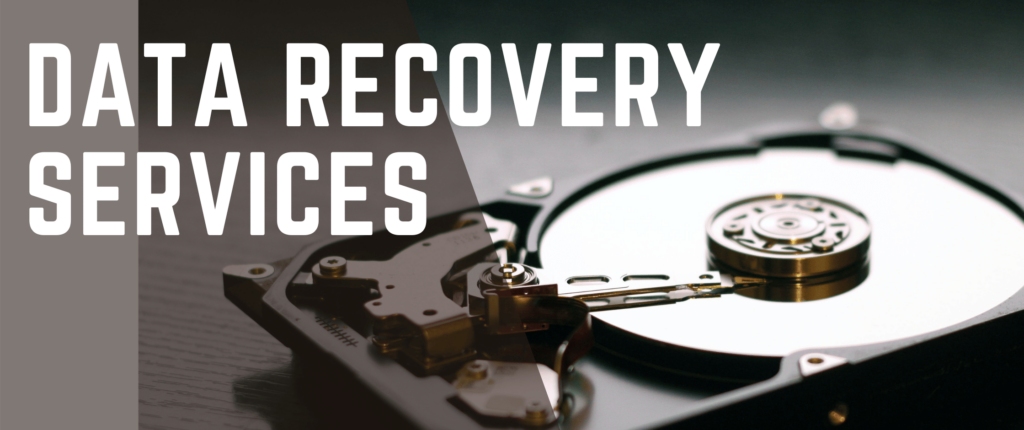What Are Well Water Softeners?

Read this article if you want to know more about water softeners and how they work. You will learn how well water softeners work, how they regenerate, and how much they cost. This article will help you decide which type of water softener is right for you. In addition, you will learn about the different kinds of salt-based systems and what you can expect from each one. You can then choose the right one for your home.
Regeneration of well water softeners
It is essential to understand how regenerating your well water softener works if you have a well. While most systems renew automatically every two hours, you can set the softener to restore at a more convenient time. For example, if you have a single tank water softener, you can select the regeneration during nighttime. This will allow soft water to continue flowing into your home. When you regenerate your softener, it will remain in regeneration mode for several hours.
Regeneration of well water softeners is a process in which the water softener removes dissolved minerals from water. The process typically takes approximately 85 to 90 minutes. Next, the water softener cleans its treatment medium by reversing the chemical reaction that removes dissolved minerals. Once the regeneration cycle has been completed, the water softener is ready to draw in new minerals. Like the water softeners Tampa.
There are several reasons why your water softener regenerates at irregular intervals. One of these is a build-up of salt mush in the brine tank. You can either use hot water or a broom handle to break up the corn to solve this problem. Another reason why regeneration occurs irregularly is a motor or valve issue. If the regeneration cycle is not happening at the scheduled time, it may signify a malfunctioning water softener. Other reasons for regeneration errors are low water pressure or incorrect settings on the control valve.
Types of regenerating systems
Regenerating systems are designed to restore the resin based on how much water the system has processed. Timed systems run their regeneration cycles at specific times of day, usually during low water use. They can also be programmed to regenerate once a week or once every other week, depending on water use frequency. Choosing the right regenerating system for your needs can make the most sense for your home.
Salt-based water softeners are an ideal solution if you have a well. Salt-based systems will soften your water by exchanging minerals with sodium and potassium. These systems use polystyrene beads that have a negative charge. The beads attract the calcium and magnesium found in hard water and replace them with sodium ions. These systems are often more expensive to purchase but have a low-maintenance requirement. Salt-free systems use a multi-stage filtration process to remove unwanted impurities.
Salt-based water softeners use a regeneration period. They wash out hard minerals from their resin tank and replace them with fresh sodium. Regeneration time varies depending on the system used and the distance from the drain. This regeneration time can be anywhere from 10 minutes to half an hour. There are several types of regeneration systems. Some water softeners regenerate in cycles, while others use sensors to determine when to replenish the resin.
Cost of salt-based water softeners
Salt-based water softeners are more expensive than their salt-free counterparts. However, they do have a lot of advantages, including neutralizing the ions and preventing them from settling in your plumbing. Salt-free systems are also more environmentally friendly and are safe for people on low sodium diets. The only downside to salt-free systems is that they cost more up-front and require more maintenance.
Depending on the size and type of salt-based water softener you choose, the price may vary from $200 to $4000. Some units are easy to install, while others require professional installation. Installation can cost between $100 and $800. In addition, these units are great for homes with septic tanks. Most salt-based softeners require a monthly salt replenishment fee, which can add up to hundreds of dollars to your water bill.
Salt-based water softeners for wells typically cost from $400 to $2,000 to install, with annual maintenance and cleaning. Salt costs vary from five to ten dollars per 40-pound bag to more than $350 a year. Salt prices also depend on the type of water softener and the amount of water used. However, these systems last for ten to fifteen years. Therefore, there are many benefits to using a salt-based system.







